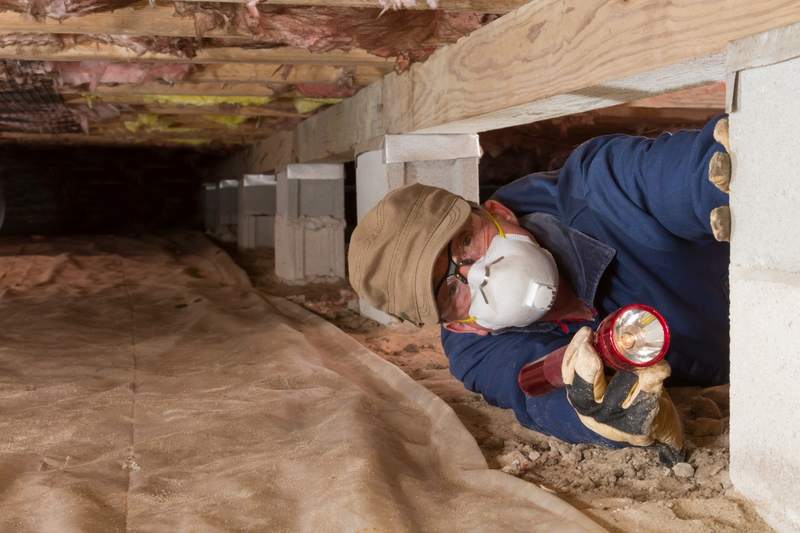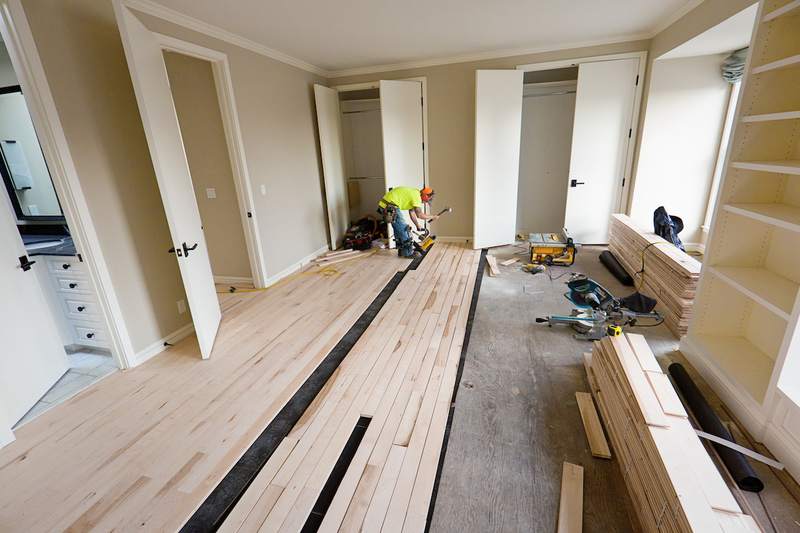
When you’ve found a home you love and are ready to make an offer, figuring out how much you can negotiate on the price can seem intimidating — especially if you’ve never done it before. You don’t want to ask the seller for too much and jeopardize the deal, but you also don’t want to pay more than you need to.
Knowing both what you can negotiate and how much you can negotiate — and being prepared for counteroffers — will help you navigate the process and help land you a home you can afford.
Getting Ready To Negotiate
To get the best result, you’ll want to prepare for negotiations by doing some research and by finding an experienced real estate agent who can guide you through the process. Here are some key steps to take.
Learn the market
Current market conditions have a major impact on your ability to negotiate. You’ll have more leverage in a buyer’s market, and less to none in a seller’s market. A balanced market — where supply and demand balance out — gives neither party an advantage.
Check out comps
Look up sales for comparable homes — often called comps — in the area you want to buy in. Say a home you want to buy is listed for $650,000. If you find a similarly sized house that’s the same age and condition, and it sold recently for $580,000, that can help you decide how much to offer. It also may help convince the seller to accept your offer.
Set a budget you can afford
When you first set out to buy a home, you likely figured out how much house you can afford, and how much of a monthly payment you can make. This helps you decide how much you can compromise in negotiating with the seller. While the seller may make concessions in some areas, you also may need to raise your offer to close the deal.
“Determine your top price before entering negotiations,” says Denis Smykalov, a real estate broker at Wolsen Real Estate in Miami. “Know your financial limits and what you can afford and stick to that number during negotiations. This will help prevent you from overpaying for the home.”
Get an agent
An experienced real estate agent is an invaluable asset in the negotiation process. It’s helpful to rely on their experience and to always communicate with the seller through your agent. A good agent will advocate on your behalf, and understand which asks are reasonable and which are pushing the line. Because your agent is a third-party professional, they can help take the emotion out of the process and keep you from making a mistake in the heat of the moment.
Find out why the home is for sale
It can help you tailor your offer to the seller’s needs if you know why they’re selling the home. If they’re in a hurry to sell the house because they’re moving to take a new job, or because they’re getting a divorce, you may have more wiggle room for negotiations. This is especially true for homes that have been on the market a while. However, if the seller is having a hard time parting with the home, they may be less willing to budge on its price.
Be ready for a counteroffer
After you’ve made your offer, it’s likely the seller will make a counteroffer. Let’s say the list price is $600,000 and you offer $580,000, with contingencies. The seller might make a counteroffer of $590,000 and ask you to waive contingencies. This is where it’s important to know your financial limits and think about just how much the home means to you. Don’t be afraid to walk away if the seller refuses to budge on a price that’s more than you can afford.
10 Tips for Negotiating Home Prices
Negotiating is about give and take — you want to make sure you get what you need without paying too much. Here are some tips to help make your negotiation a success.
1. Ask for closing costs
In addition to the down payment, you’ll need to pay closing costs, which are fees required to fund your loan and transfer legal ownership of the property. Expect closing costs to total 2% to 5% of the purchase price of the home. If you can’t get the seller to budge on the purchase price, you may be able to get them to pay some closing costs.
2. Get a home inspection
During a home inspection, a licensed third-party professional examines the home to assess its condition. Inspection results are helpful in negotiations, which is why many buyers put an inspection contingency in their purchase and sale agreement. If the inspection reveals the need for repairs or safety issues, this contingency lets you back out of buying the house without penalty. Since the seller knows you have an out, they may be willing to cover the cost of the repairs or knock down the price of the home to finalize the sale.
3. Offer earnest money
Earnest money, also known as a good faith deposit, is a percentage of the purchase price you put down with your offer to show the seller you’re serious about buying the home. You pay earnest money when you sign the purchase and sale agreement to compensate the seller should the sale fall through for reasons not covered by a contingency. If the sale goes through, the earnest money usually is applied to your closing costs or down payment.
4. Consider an escalation cause
An escalation clause will increase your offer to outbid any competing offers up to a maximum amount. This lets you offer a fair price while also ensuring you don’t lose a home you really want because another bid came in for just a little bit more. To activate the clause, the seller has to provide evidence of a higher competing offer. Also, keep in mind that not all sellers accept escalation clauses, and you lose some leverage by telling the seller how high you’re willing to go on the price.
5. Make a larger down payment
There are many benefits to making a larger down payment, including a lower monthly payment and lower overall costs. A larger down payment also can help you win over the seller because it shows that you�’re more likely to get financing and can more easily afford the home.
6. Limit contingency requests
Contingencies are conditions in the purchase and sale agreement that must be met for the deal to go through. Contingencies protect your interest, letting you walk away if there are problems with the home appraisal, home inspection, title search, or your ability to get a loan. Sellers usually are less excited about contingencies because they are all ways a deal could fall through, leaving them without a buyer. As a result, limiting your contingency requests can make your offer more appealing.
7. Be flexible on the timeline
If the seller is moving to take a new job and is on a strict deadline to move, it can make a difference if you’re more flexible about the timeline for closing the deal. A seller who’s in a rush and needs to move quickly will likely want to find a buyer who can close soon. If you’re not in a rush but able to act quickly, it could help you beat out competing offers.
8. Keep your emotions in check
Homebuying can be an emotional experience, but it’s important to stay rational during the negotiation process.
“If negotiations don’t go as planned, be prepared to walk away from the deal,” Smykalov says.
9. Ask for furniture and appliances
If a seller won’t budge on price, ask if they’d be willing to include some household items in the deal. It may turn out that they have some really nice furniture or appliances that are well suited to the home and can become part of the deal. The sellers would no longer have to move or dispose of those items, and you’d save by needing less to furnish the home.
10. Consider writing an offer letter
Writing a house offer letter is a way to appeal to the seller on an emotional level. By writing a little bit about yourself and your family, and what buying the house would mean to you, you may sway a seller who cares about it going to someone who will appreciate it. However, some sellers don’t accept offer letters because they can create legal issues when it comes to fair housing violations.
FAQ
Here are answers to some common questions about negotiating home prices.











